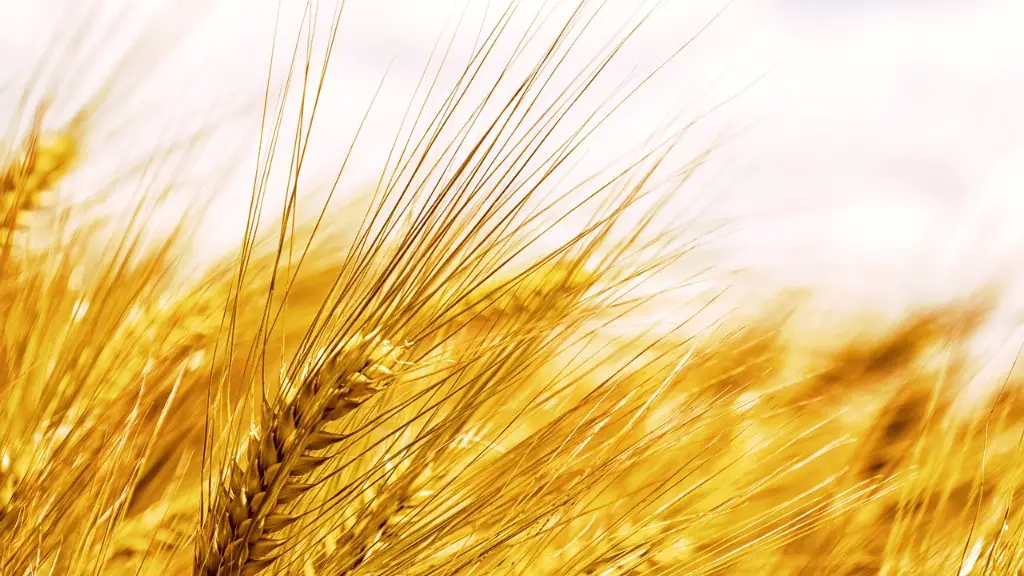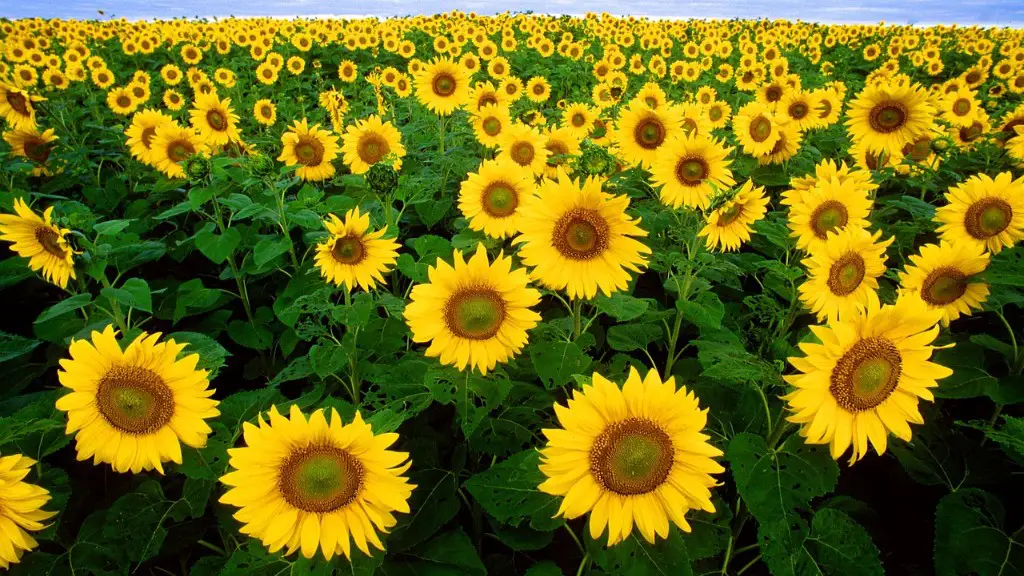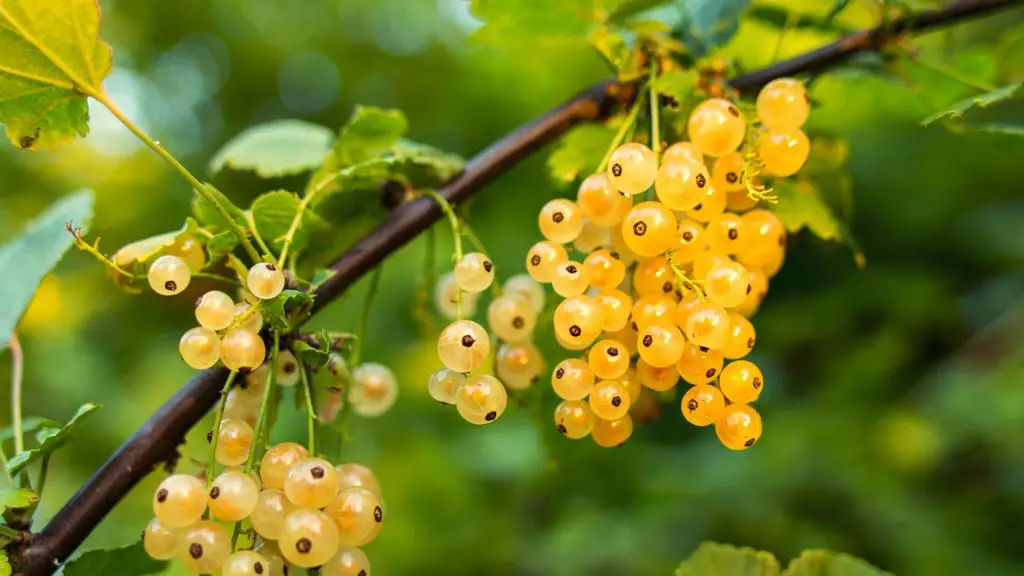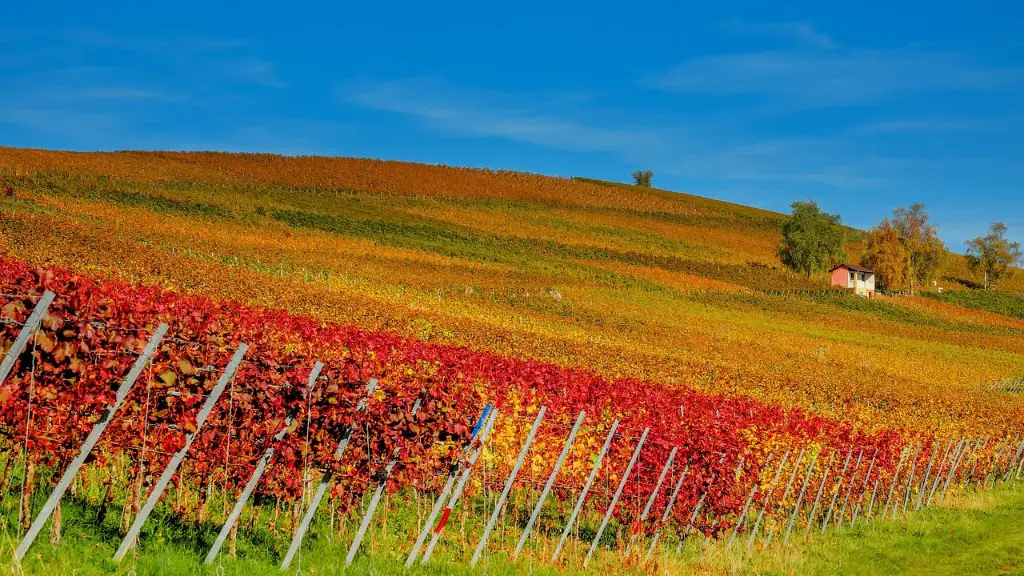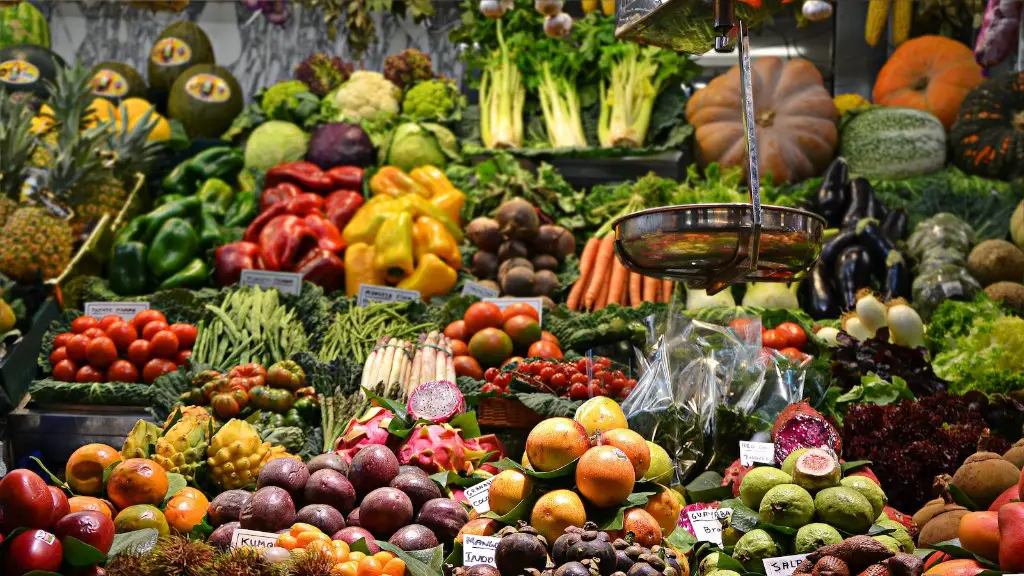There is much debate surrounding the sustainability of industrial agriculture. This type of agriculture generally involves large scale farms that use mechanized equipment and chemically based fertilizers and pesticides. The goal of industrial agriculture is to produce large quantities of food at a low cost. However, there are some who argue that this type of agriculture is not sustainable in the long term. They point to the negative environmental impact of industrial agriculture, including soil erosion, water pollution, and the overuse of natural resources. They also argue that the economic model of industrial agriculture is not sustainable, as it relies on subsidies and is not able to compete with cheaper imports.
There is no one-size-fits-all answer to this question, as the sustainability of industrial agriculture depends on a number of factors, including the specific methods used, the local climate, and the availability of resources. However, in general, industrial agriculture is not considered to be sustainable in the long term.
Why is industrial agriculture unsustainable?
The industrial agriculture system is not sustainable. It consumes fossil fuel, water, and topsoil at unsustainable rates. It contributes to numerous forms of environmental degradation, including air and water pollution, soil depletion, diminishing biodiversity, and fish die-offs.
Sustainable farming practices are key to ensuring a green and environmentally friendly growth of vegetables and plants. Permaculture, aquaponics, and hydroponics are all great ways to use renewable energy resources and reduce your impact on the environment. Crop rotation and polycultures are also excellent methods for reducing your impact on the environment and ensuring a bountiful harvest. Trees can also play a role in sustainable farming, by providing shade and windbreaks, as well as increasing crop yields. By implementing these sustainable farming practices, you can have a positive impact on the environment while still enjoying a healthy and bountiful harvest.
How can industrial agriculture be more sustainable
Sustainable agriculture practices are those that protect and enhance the natural resources used in farming, including the soil, water, and biodiversity. By adopting these practices, farmers can improve the health of their ecosystems and help ensure a more stable and productive future for agriculture.
There are many different sustainable agriculture practices, but some of the most common include rotating crops, planting cover crops and perennials, reducing or eliminating tillage, and applying integrated pest management (IPM). Many of these practices can be combined to create a more holistic and sustainable approach to farming.
Industrial agriculture is a term used to describe the process of producing food in a quick and efficient way using modern technology and equipment. This method of food production has many benefits, including reducing overhead expenses, earning more revenue and profits, and lowering food costs.
What is wrong with industrial agriculture?
Industrial agriculture is a leading cause of human-related emissions fueling climate change. It is also a major source of both water and air pollution. Additionally, industrial agriculture is the principal cause of antibiotic resistance and pesticide toxicity. These are all serious problems that need to be addressed.
Industrial agriculture is the current dominant food production system in the United States. This system has several disadvantages, including: depletion of water resources, erosion, and loss of biodiversity. These disadvantages lead to higher production costs, which are passed on to the consumer in the form of higher food prices.
What are 3 types of sustainable agriculture?
There are a number of sustainable agriculture methods and farming practices that can be used in order to create a more sustainable and environmentally friendly agricultural system. These include permaculture, biodynamic farming, hydroponics and aquaponics, urban agriculture, and agroforestry and food forests.
Permaculture is a type of agriculture that focuses on creating a self-sustaining ecosystem where crops are grown in harmony with the natural environment. This type of agriculture is often used in arid or tropical regions where traditional farming practices are not possible.
Biodynamic farming is a type of sustainable agriculture that uses organic farming methods to produce food. This type of farming is based on the belief that the health of the soil is essential to the health of the plants and animals that live in it.
Hydroponics is a type of agriculture that uses mineral-rich water instead of soil to grow plants. This type of agriculture is often used in greenhouses or indoors, as it allows for a more controlled environment.
Aquaponics is a type of agriculture that combines hydroponics and aquaculture. In this type of system, fish waste is used to fertilize the plants, and the plants help to filter the water for the fish
The conversion of wild habitat to agricultural land can have a negative impact on fish and wildlife populations. Erosion and sedimentation can reduce the amount of available habitat, and the use of pesticides can harm fish and other animals. The removal of riparian plants can also reduce the amount of habitat available, and the diversion of water can reduce the amount of water available for fish and other aquatic animals.
What farming methods are not sustainable
These unfavorable farming techniques have a direct impact on the ecosystem. Tilling of the soil disrupts the natural structure and composition of the soil, which can lead to soil erosion. Mono-cropping or monoculture depletes the soil of nutrients, and also undermines biodiversity. Deforestation destroys the natural habitat of many species, and also increases greenhouse gas emissions. Growing GMO crops can lead to the development of herbicide-resistant weeds, and also creates financial dependencies on seed companies. Corporate agribusiness creates large-scale mono-cropped farms that require massive inputs of pesticides and fertilizers, and also generate a lot of food waste.
“Sustainable farms” are those that have been designed to do the least possible damage to the local ecosystem. They avoid the use of harmful chemicals and genetically-modified seed crops, instead relying on sustainable practices that work with the natural environment. This means that these farms can last indefinitely, without damaging the surrounding area.
Why is industrial agriculture better?
There are a number of reasons why industrial farming is beneficial. First, it increases food production. This is going to be important, especially as the world population continues to grow at a steady rate. Industrial farms can keep up production rates much easier than small rural farms that only distribute food locally. Second, industrial farms use less land than traditional farms. This is important because it means that we can preserve more natural habitat and avoid having to pave over vast tracts of land for agriculture. Third, industrial farms are generally more efficient in their use of water, pesticides, and other inputs. This is good for the environment and helps to keep costs down. Finally, industrial farms typically have better working conditions and pay than traditional farms. This helps to attract and retain a good workforce. All of these factors together make industrial farming a very beneficial form of agriculture.
It is being emphasised that, according to the experiences of industrialised countries, farming is a less productive, often even a shrinking, sector of production, whilst industry excels by high growth rates and productivity of labour. This has led to the perception that industrialisation is a status symbol – a sign that a country is developed and progressed. However, there are several issues with this perspective.
Firstly, it fails to take into account the different economic structures of countries. For example, while agriculture may make up a smaller percentage of GDP in industrialised countries, in developing countries it often still accounts for a large majority. This is due to the fact that industrialised countries have a much higher starting base, and so a smaller percentage increase in agriculture is required to achieve the same growth rate.
Secondly, it also overlooks the fact that industrialisation can often have negative consequences. For example, it can lead to environmental degradation, the exploitation of workers, and social inequality.
Thus, while industrialisation may be a sign of a country’s development, it is not necessarily a positive one. It is important to consider the wider context before making any judgement.
What are four negative impacts of industrial agriculture
There is a growing movement of farmers and consumers who are interested in moving away from large-scale, conventional farming and towards more sustainable methods. These methods include diversifying crops, using organic fertilizers, and employing mechanical means of production. While these methods may not yield as high of production levels as conventional farming, they are much better for the environment and the long-term health of the soil.
Agriculture is one of the main sources of pollution in many countries. Pesticides, fertilizers and other toxic farm chemicals can pollute fresh water, marine ecosystems, air and soil. They can also remain in the environment for generations.
Does industrial agriculture feed the world?
Wealth, not health, has been the primary focus of industrial agriculture over the past few decades. This has led to increases in the yields of a few staple crops, but has not resulted in a more nourished world. Globally, millions of people cannot afford a healthy diet. This is a major problem that needs to be addressed.
A new study has found that agriculture remains the main driver of deforestation in all regions except for Europe. The study says that urban and infrastructure development have a higher impact on deforestation in Europe.
How does modern industrialized agriculture violates the three principles of sustainability
Modern industrialized agriculture relies heavily on fossil fuels, reducing natural and crop biodiversity, and neglecting the conservation and recycling of nutrients in topsoil. These practices violate the three principles of sustainability, and as a result, the sustainability of our food system is at risk.
There are a variety of different sustainable methods that can help to reduce the negative impacts of food production, but the primary alternative to industrial agriculture is sustainable agriculture. Sustainable agriculture is an approach to farming that takes into account the long-term health of the environment, the animals involved, and the people who will ultimately consume the food. Organic farming is one type of sustainable agriculture that places restrictions on the pesticides, fertilizers, and antibiotics that can be used. This approach to farming can help to reduce the amount of chemicals that enter the environment, and it can also help to improve the quality of the food that is produced.
Warp Up
No, industrial agriculture is not sustainable.
The answer to this question is complex, but the simple answer is that industrial agriculture is not sustainable in its current form. The main reason for this is that industrial agriculture relies on fossil fuels to power its machinery, to heat its greenhouses, and to transport its products. With the world’s supplies of fossil fuels dwindling, it is clear that industrial agriculture is not a sustainable option in the long term.
